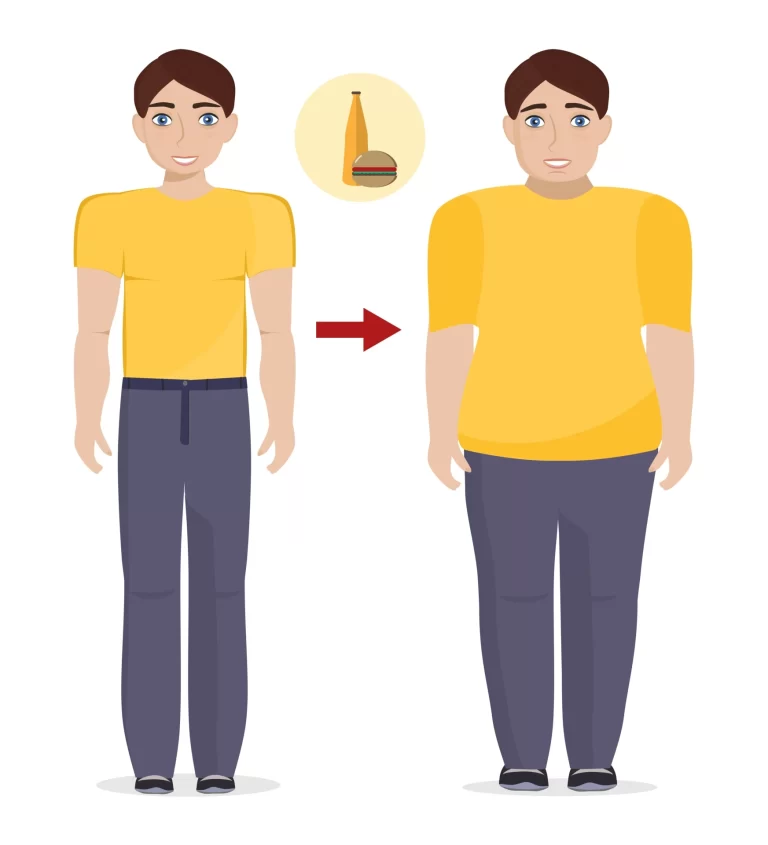Which food is Highest in Calcium?
Calcium is an important mineral that plays a crucial role in maintaining good health. It is necessary to eat calcium-rich foods because calcium is a major component of bone tissue and is essential for building and maintaining strong bones.
Adequate calcium intake can help prevent conditions like osteoporosis, which causes bones to become weak and brittle. In addition to its role in bone health, calcium is also involved in muscle function, nerve signal transmission, and other important bodily functions.
Consuming foods that are rich in calcium, such as dairy products, leafy greens, and fortified foods. These can help ensure that your body has enough calcium to support optimal health.
Table of Contents
Why Does Our Body Need Calcium?
From building and maintaining strong bones to enabling muscle function and nerve signal transmission, calcium is crucial for optimal health.
One of the primary functions of calcium is to support bone health. The majority of calcium in the body is found in bones, where it provides strength and rigidity. When the body does not get enough calcium, it can lead to a condition called osteoporosis. That causes bones to become brittle and weak, that also increase the risk of fractures.
Calcium also plays a key role in muscle function. When the nerve signal reaches a muscle fiber, it triggers the release of calcium ions from storage sites in the muscle cells. These ions then bind to proteins, causing the muscle fibers to contract. Without sufficient calcium, muscle contraction is impaired, which can lead to weakness and even muscle spasms.
In addition to its role in bone and muscle health, it is also involved in nerve signal transmission, blood clotting, and enzyme activation. It helps regulate the heartbeat and supports the proper functioning of the immune system.
While the body can produce some calcium on its own, it is essential to obtain additional calcium through the diet. Good sources of it include dairy products such as milk, yogurt, and cheese, as well as leafy green vegetables, nuts, and fortified foods such as tofu and orange juice.
By consuming a diet rich in it and taking supplements as needed. Individuals can ensure that their bodies are getting the necessary amount of this important mineral to support healthy bones, muscles, and overall bodily function.
11 Foods Rich in Calcium
Calcium is a mineral that is essential for strong bones, nerve function, muscle health, and more. It is important to include calcium-rich foods in your diet to ensure that you are getting enough of this vital nutrient. Here are the top 11 foods that are highest in calcium:
Cheese: Cheese is one of the richest sources of calcium. With a single serving containing up to 212 mg of calcium. However, it is important to keep in mind that cheese can also be high in fat and sodium. So can be consumed in moderated way.
Yogurt: Yogurt is a dairy product that is high in it, with a single serving containing up to 300 mg. It is also a good source of probiotics, which can benefit digestive health.
Milk: Milk is a classic source of it, with a single serving containing up to 300 mg. It is also a good source of vitamin D, which helps the body absorb it.
Fortified plant-based milk: Plant-based milk such as soy, almond, and oat milk can be fortified with it, providing up to 300 mg per serving.
Sardines: Sardines are a type of fish that are high in it, with a single serving containing up to 321 mg. They are also known as a good source of omega-3 fatty acids.
Tofu: Tofu is a plant-based protein that is also high in it, with a single serving containing up to 434 mg. It is also a good source of iron and other important nutrients.
Spinach: Spinach is a leafy green vegetable that is high in it, with a single serving containing up to 136 mg. It is also a good source of iron and other vitamins and minerals.
Kale: Kale is another leafy green vegetable that is high in it, with a single serving containing up to 101 mg. It is also a good source of vitamin K, which helps the body absorb it.
Broccoli: Broccoli is a cruciferous vegetable that is high in it, with a single serving containing up to 43 mg.
Almonds: Almonds are a type of nut that are high in it, with a single serving containing up to 75 mg.
Sesame seeds: Sesame seeds are a type of seed that is high in it, with a single serving containing up to 88 mg.
Incorporating these calcium-rich foods into your diet can help ensure that you are getting enough of this important mineral. The intake should be balanced with other important nutrients and overall calorie intake. Consult with a healthcare professional or registered dietitian for personalized recommendations on intake and diet.
How Much Calcium Do You Need Everyday?
According to the National Institutes of Health (NIH), the recommended daily intake of it varies by age and gender. For adults aged 19-50 years old, the recommended daily intake is 1,000 mg. Women over 50 and men over 70 should aim for 1,200 mg daily.
However, some individuals may need more or less of it depending on their individual needs. For example, athletes, pregnant and breastfeeding women, and individuals with certain medical conditions may require additional calcium.
It is also important to keep in mind that its absorption can have affected by other factors such as vitamin D intake, age, and medications. Vitamin D helps the body absorb it. So it is important to ensure that you are getting enough vitamin D as well.
Good sources of calcium include dairy products such as milk, cheese, and yogurt, as well as leafy green vegetables, nuts, and fortified foods such as tofu and orange juice.
In conclusion, it is important to aim for the recommended daily intake of it to support overall health and wellness. Consulting with a healthcare professional or registered dietitian can provide personalized recommendations based on your individual needs.
Factors Affecting Calcium Absorption
Calcium absorption refers to the process by which the body takes in calcium from the foods we eat and supplements we take. While it is an essential mineral, the body can not absorb it easily. There are several factors that can affect it’s absorption, including:
- Vitamin D: Vitamin D helps the body absorb it from the intestines and helps maintain it’s levels in the blood. Without enough vitamin D, it’s absorption can be significantly reduced.
- Age: As we age, our bodies become less efficient at absorbing it. This is why it is important for older adults to consume more of it than younger individuals.
- Calcium intake: The more calcium we consume, the lower the absorption rate becomes. This is because the body can only absorb so much of it at once.
- Fiber: High-fiber diets can decrease it’s absorption. This is because fiber binds to it, making it more difficult for the body to absorb.
- Phytates: Phytates are compounds that are in whole grains, legumes, and some vegetables that can decrease it’s absorption.
- Medications: Certain medications, such as proton pump inhibitors and corticosteroids, can decrease its absorption.
- Genetics: Some people may have genetic variations that affect it’s absorption.
To maximize it’s absorption, it is important to consume a variety of calcium-rich foods and supplements. To ensure adequate vitamin D intake, and minimize the consumption of factors that can decrease it’s absorption. It is also important to note that excessive calcium intake can lead to negative health effects. So it is important to consult with a healthcare professional or registered dietitian to determine individual calcium needs.







